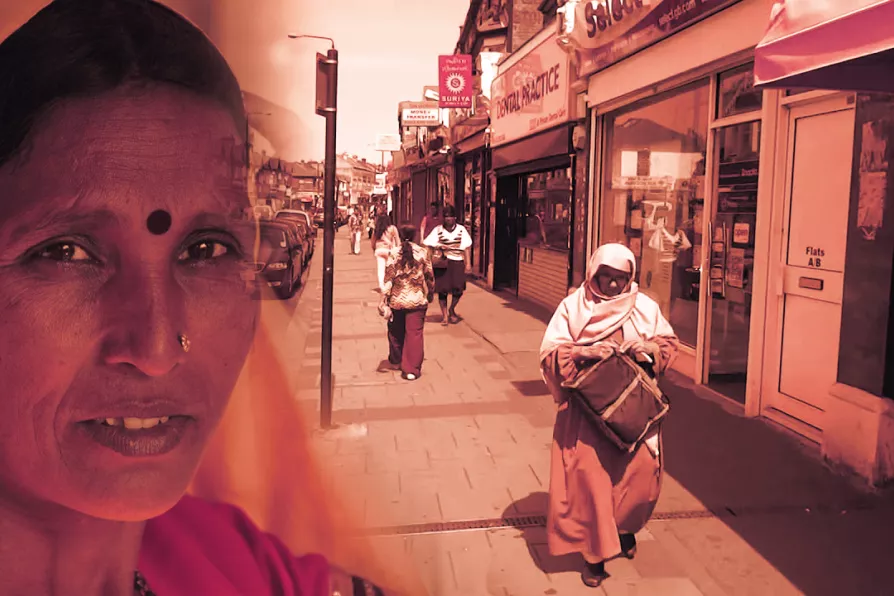This weekend, the NEU holds a special conference to debate changing its approach to organising teaching assistants, which a 2017 TUC agreement forbids. General secretary DANIEL KEBEDE outlines the choices before delegates
Fighting dowry oppression in the Indian community
JOGINDER BAINS explains how this feudal, patriarchal institution that disowns and oppresses women is still justified today in India and Britain, why it is so wrong – and how the struggle against it can move forward

 Dowry is part of wider patriarchal and feudal values, a tradition practised in India to disinherit daughters — it is not a daughter’s fair share nor is it a way of compensating her for her lack of inheritance rights
Dowry is part of wider patriarchal and feudal values, a tradition practised in India to disinherit daughters — it is not a daughter’s fair share nor is it a way of compensating her for her lack of inheritance rights
IT’S frequently argued that dowry is the way of giving a daughter her share in the parental property. Is this the case? Does it represent the daughter’s share — or it is a practice that disinherits her?
Though there is no historical evidence available on the origin of the practice of dowry, traces of it are found in ancient traditions in all societies, cultures and religions.
In Britain, for example, women were expected to pay a handsome dowry in exchange of husband’s family name and his title.
Similar stories

Despite the harsh conditions they face, Iranian women have proved to be vanguards in the struggle for fundamental changes in our country, says Dr AZAR SEPEHR

Women’s hard-fought-for rights are facing sustained and serious ideological attack. Let this International Women’s Day be a call to arms, says Professor MARY DAVIS

The failure of international institutions, from the UN to the ICC, to hold the Taliban accountable for the brutal repression of women creates a climate of tolerance for daily crimes by the patriarchal regime, writes SHUKRIA RAHIMI











